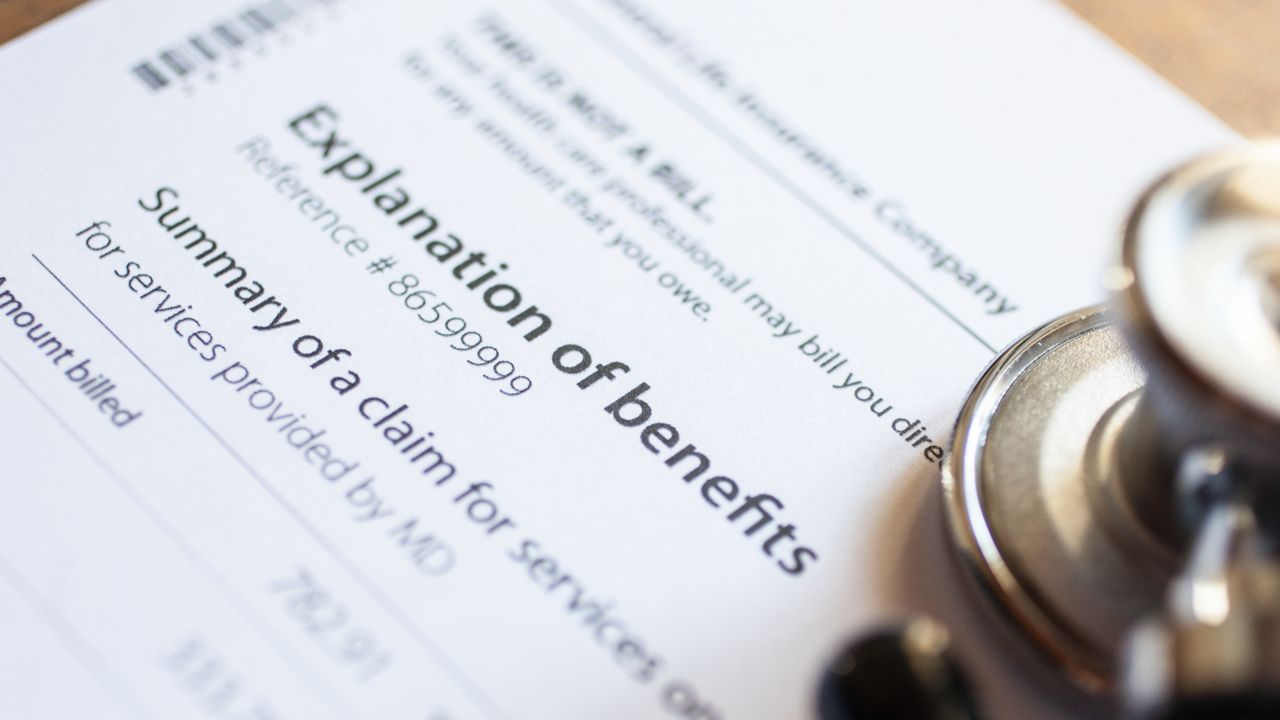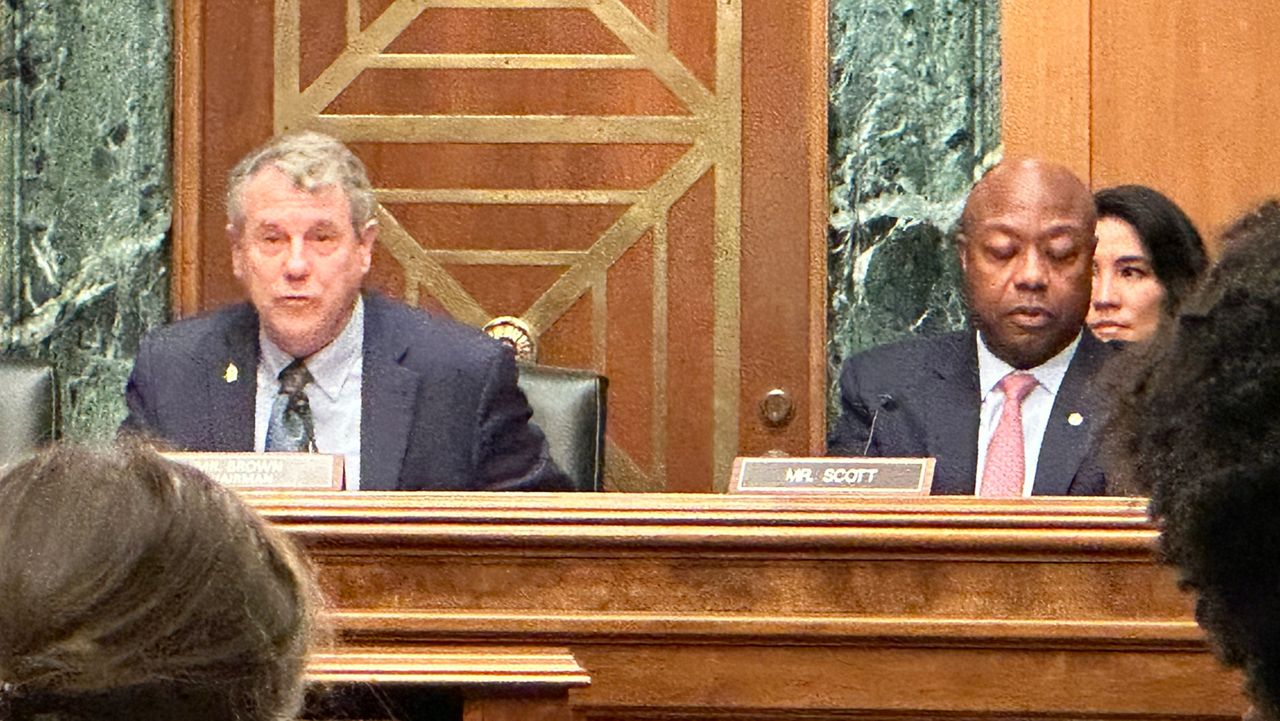COLUMBUS, Ohio — Tuesday is Election Day, and it will ultimately be up to Ohioans to decide if they want to legalize recreational marijuana. Groups on both sides of Issue 2 said they are making their final push by educating voters on the impact that recreational marijuana could have on Ohio if it becomes legal.
"You see phone calls," said Scott Milburn, spokesperson of Protect Ohio Workers and Families. "You see emails. You see texts. You see the events. You see people talking on television. So, we're going to be doing that up until the very end.”
"We're trying to reach as many voters as we can to talk to them about Issue 2," said Tom Haren, spokesperson for the Coalition to Legalize Marijuana like Alcohol in Ohio. "How it's going to be good for public health, how it's going to be good for Ohio patients and how it's going to be good to generate new tax revenue to the state of Ohio."
Advocates on both sides of the issue told Spectrum News 1 that all hands are on deck this upcoming weekend. They also believe educating Ohioans on the ballot language is the most important way to persuade voters ahead of Election Day.
"Ohio State University estimates that Issue 2 will generate over $400 million every single year in new tax revenue to the state of Ohio," Haren said. "That's money that's coming from the illicit market after we put them out of business."
However, not everyone believes the state will benefit overall from recreational marijuana. Some county prosecutors believe those numbers could be misleading, and used a virtual press conference on Wednesday afternoon to explain their stance against State Issue 2.
"Conservative rural Ohio isn't going to see much out of this," said Christopher Tunnell, Ashland County Prosecutor. "Thirty-six percent of the tax dollars are supposed to go back to the communities. But, if you look at their literature, they reference a host community. The host community fund and the host community is one that has dispensaries. If you don't have dispensaries then you're not a host community. You don't see a dime in the tax dollars. So 36% of their estimated $400 million is only going to places that allow dispensaries."
As Election Day looms, Haren and Milburn said their groups could spend this upcoming weekend talking to voters both at poll locations and on virtual platforms.











